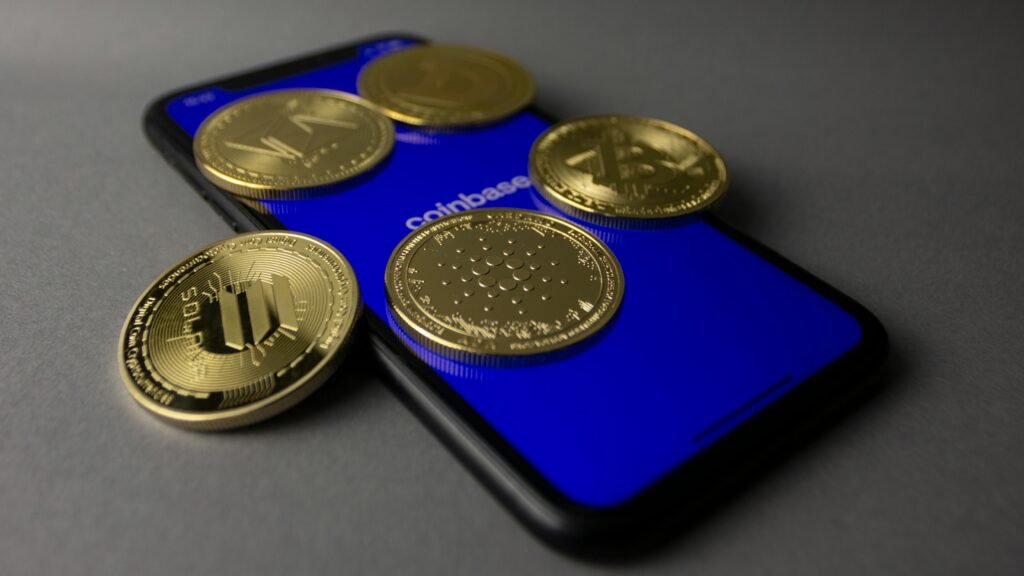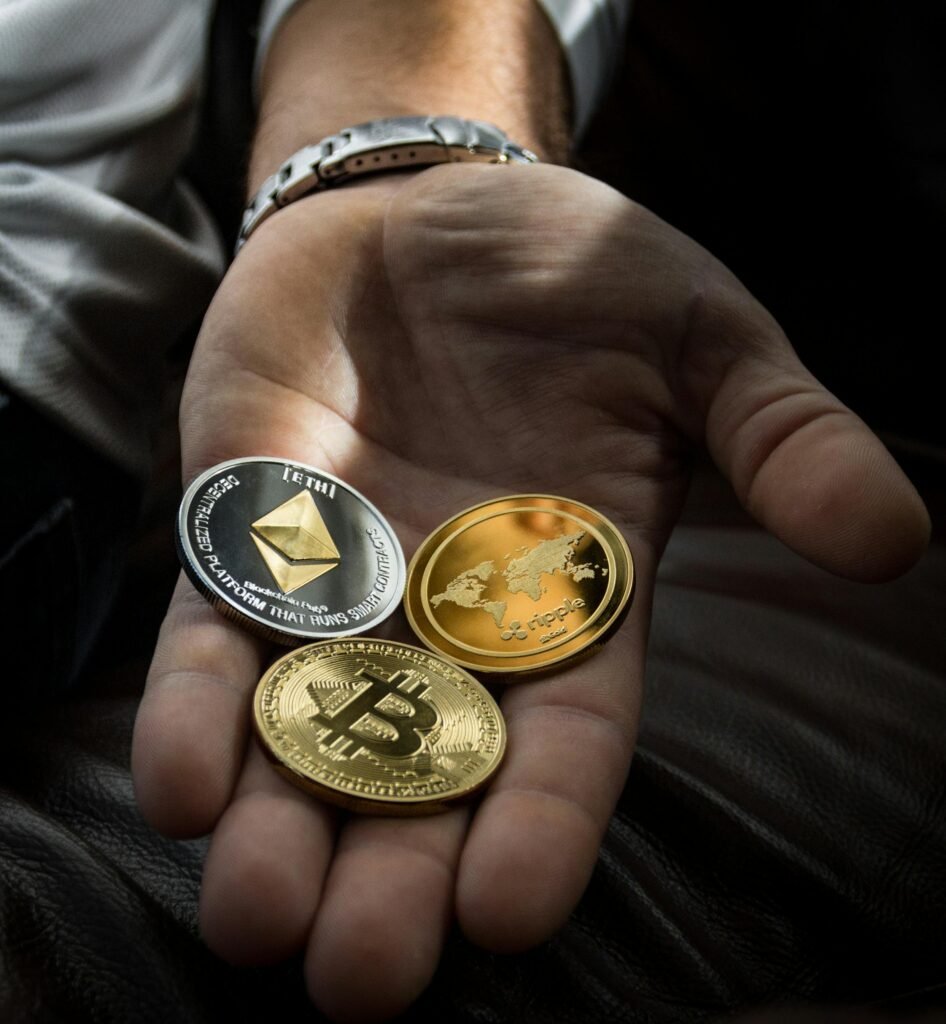In the ever-expanding world of cryptocurrencies and blockchain technologies, Solana has emerged as one of the most talked-about platforms. Known for its blazing speed, low transaction fees, and scalability, Solana (SOL) aims to solve some of the most persistent issues facing earlier blockchains like Bitcoin and Ethereum.
But what exactly is Solana? How does it work? And why do developers, investors, and businesses view it as one of the most promising ecosystems in Web3?
Let’s dive into the technology, use cases, advantages, and potential of Solana.
What is Solana?
Solana is a high-performance, open-source blockchain platform that supports smart contracts, decentralized applications (dApps), and crypto tokens. It was founded in 2017 by Anatoly Yakovenko, a former engineer at Qualcomm, and officially launched in March 2020 by Solana Labs.
The key vision behind Solana is to build a scalable, decentralized network that can handle thousands of transactions per second (TPS) without compromising security or decentralization.
The native cryptocurrency of the Solana network is called SOL, which is used to pay for transaction fees, participate in staking, and govern the network.
What Makes Solana Unique?
Solana stands out from other blockchain platforms because of its high throughput, speed, and low costs. Let’s explore some of its core innovations:
1. Proof of History (PoH)
This is Solana’s secret weapon. Unlike Bitcoin’s Proof of Work or Ethereum’s Proof of Stake, Solana uses a timestamping system called Proof of History that allows nodes to agree on the order of transactions without needing to talk to each other constantly. This drastically speeds up the validation process.
2. High Throughput and Speed
Solana can handle 65,000+ transactions per second, a massive improvement over Ethereum (which processes ~30 TPS) and Bitcoin (~7 TPS). This makes it ideal for high-demand applications such as trading, gaming, or decentralized finance (DeFi).
3. Low Fees
Transaction costs on Solana are typically fractions of a cent, making it one of the cheapest blockchains for users and developers alike.
4. Scalability Without Sharding
Solana achieves scalability by optimizing single-chain performance. It does not rely on sharding (splitting the network into smaller pieces) like Ethereum 2.0 or Polkadot.

Common Use Cases for Solana
Solana’s speed and cost-efficiency open doors to a wide range of applications across various industries. Here are the most prominent ones:
✅ Decentralized Finance (DeFi)
Solana hosts a growing ecosystem of DeFi projects such as:
- Raydium – An automated market maker (AMM) and liquidity provider.
- Mango Markets – A decentralized trading platform.
- Serum – A decentralized exchange (DEX) developed with help from FTX.
These platforms enable users to trade, lend, borrow, and earn yield without intermediaries.
🎮 Blockchain Gaming and NFTs
Solana is increasingly popular in the blockchain gaming space, thanks to low-latency and near-instant in-game transactions. Games and NFT platforms built on Solana include:
- Aurory – A play-to-earn RPG.
- Star Atlas – A space-themed strategy game.
- Solanart – An NFT marketplace similar to OpenSea.
🧩 Web3 Applications and Infrastructure
From social media and messaging to cloud storage and identity, Solana is home to dozens of Web3 projects aiming to decentralize the internet.
Solana vs Ethereum – A Quick Comparison
| Feature | Solana | Ethereum |
|---|---|---|
| Launch Year | 2020 | 2015 |
| Consensus Mechanism | Proof of History + PoS | Proof of Stake (Ethereum 2.0) |
| TPS | 65,000+ | ~30 |
| Transaction Fees | < $0.01 | $1–$50 (variable) |
| Smart Contracts | Supported (Rust, C) | Supported (Solidity) |
| Ecosystem Size | Growing rapidly | Largest in Web3 |

The Potential and Future of Solana
Solana is one of the most ambitious projects in the blockchain space, and its future potential lies in a few key areas:
1. Mass Adoption
Thanks to its usability and low fees, Solana is a strong candidate for mainstream adoption. If more apps and platforms migrate to Solana or use it as their base layer, the network could become a global standard for real-time decentralized apps.
2. Scalability for the Internet of Value
Solana is built for speed and scale, potentially supporting the next generation of digital infrastructure—from micropayments and tokenized assets to metaverse economies and decentralized social networks.
3. Institutional Interest
Solana has attracted significant VC funding and attention from major players like a16z, Alameda Research, and Jump Capital. This backing ensures ongoing development and innovation.
4. Cross-Chain Compatibility
Projects like Wormhole enable Solana to interact with other blockchains, enhancing its role in a multi-chain future.

Risks and Criticism
Despite its promise, Solana is not without controversy and limitations.
⚠️ Network Outages
Solana has experienced multiple network downtimes, which critics argue undermine its decentralization and reliability.
🏛️ Centralization Concerns
Some argue that Solana is more centralized than Ethereum or Bitcoin because a smaller number of validators control a large portion of the network’s power. The hardware requirements to become a validator are also relatively high.
🪙 Token Inflation
SOL has a relatively high initial inflation rate (~8%), although it is expected to decrease over time. This could impact long-term value unless balanced by demand and utility.
Final Thoughts: Is Solana the Future?
Solana is not just another altcoin—it’s a fast, scalable blockchain that is pushing the boundaries of what decentralized systems can do. With a vibrant ecosystem, unique technology, and growing community support, it holds real potential to rival or complement Ethereum in the race for Web3 dominance.
For developers, it offers a high-performance playground to build real-time applications. For users, it provides cheap, fast, and easy access to crypto services. And for investors, it’s a bold bet on a future of decentralized speed.
As long as the project continues to address its technical and structural weaknesses, Solana could very well become a cornerstone of the next generation of internet infrastructure.
Need a modern, crypto-ready website for your project or portfolio?
👉 Rakuzan.eu builds fast, secure websites tailored for Web3 businesses.
Get fast, scalable hosting with built-in security.
👉 Try Hostinger – trusted by crypto professionals worldwide.
Disclaimer: This article is for informational purposes only and does not constitute financial, tax, or investment advice. Readers should consult with a licensed professional before making any financial or business decisions.





